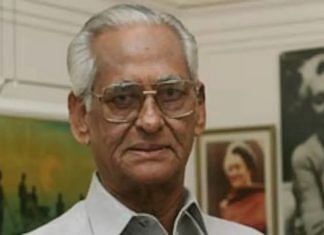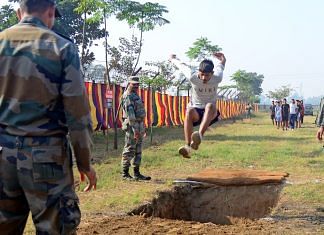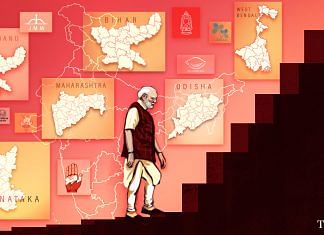Thank you dear subscribers, we are overwhelmed with your response.
Your Turn is a unique section from ThePrint featuring points of view from its subscribers. If you are a subscriber, have a point of view, please send it to us. If not, do subscribe here: https://theprint.in/subscribe/
Grievance redressal is the core of good governance. As an aware citizen, I have been continuously engaged in utilising the grievance redressal system of the country. The experiment includes local governments, state governments, and central governments as well. Here is a fresh case.
Context and the problem
One of my parents works for a state government as a permanent employee in the Department of Health. In 2020, when COVID was shaking the world, suddenly, the department of health stopped the salary of health professionals. They waited for 3 months. Working day and night with a halt on salary was nothing less than a nightmare. After putting their requests to all concerned, when nothing moved, I was told by my parents to do something about it.
Action and reaction
After failing to find any legitimate reason, I wrote to the Prime Minister’s Office. It was lodged as a public grievance. In a couple of days, the issue was transferred to the Officer on Special Duty (OSD), General Administration of the concerned state. The OSD flagged it to the District Civil Surgeon (CS). The salaries were released in a fortnight. But no response was provided to me on the complaint then. The thrill is here! After 2 years, in 2022, when the salaries of the same Health Professionals were stopped for 3 months again, for no reason, somebody logged a complaint on the Centralised Public Grievance Redressal and Monitoring System (CPGRAMS) website. Instead of acting on the new application, since my application, lodged in 2020, was yet to live in the system, the district administration made it a base and issued a show cause notice to the concerned medical officer. The officer went furious with my parents. Despite telling him multiple times that we have not made a complaint this time, he was not ready to believe and displayed a clear resolve to revengeful action. The reason for him not believing was “Nobody in the district does it except you guys”. That showed me how much the public tolerates and does not take any action on. Although, since there was a strong notice, the salaries of the whole office were released in two days’ time. That’s pleasant for everyone and decreases the scope for corruption.
Keeping his words, my parent was transferred to a place that is called a “punishment work-station”. The letter was issued on August 3rd, 2022. The officer denied any reconsideration of the decision and warned of disciplinary action if orders are not followed.
Meanwhile, the Civil Surgeon’s office got a follow-up call about the latest grievance. To verify it, the CS investigated the office of the medical officer (MO). He found the MO absent on a Friday whereas the attendance register mentioned that he was present. CS marked him absent and checked his activities in the last 30 days. It was easy to find the transfer. CS was quick to find out the revengeful action from the officer.
He overruled the order of transfer in the absence of any reasonable ground. A new transfer letter was issued with the signature of the CS, on August 6th 2022.
Reflections
- The grievance redressal mechanism is the spot where the depth of governance and enforcement of systems is truly tested.
- A strong grievance redressal system cannot be functional without a swift enforcement system
- It is yet very hard for people with no legal prowess to get the real benefit out of the system
Grievance redressal in states and districts
My experience with the grievance redressal system at the district and state has yielded limited results. The digitization of grievance redressal mechanisms is yet to touch a reasonable sophistication. Thus, even if you lodge a complaint online, don’t get surprised if you are requested to be present in an office with a physical copy of the grievance. This brings down the possibility of reaching that grievance to the redressal stage to an enormously low level. The onus of validation of the complaint is on the complainant and not on the concerned authority.
Conclusion:
Constructivism doesn’t mean you start showing your back to the problems which pulled you into the game. Grievance redressal is the key to ensuring that the governance system is functioning end-to-end. It is the encryption system that empowers democracy at all levels and helps ensure peace and security in society. In the new India, when citizens are getting more education, the popularity of transparency tools like grievance redressal and RTI should not be stigmatised as a negative trait. It must be realised that while “Knowledge is power” is an established fact, “Power is not knowledge” is nothing less than that. We need to participate more in governance to build India and an internally strong nation.
These pieces are being published as they have been received – they have not been edited/fact-checked by ThePrint.









COMMENTS